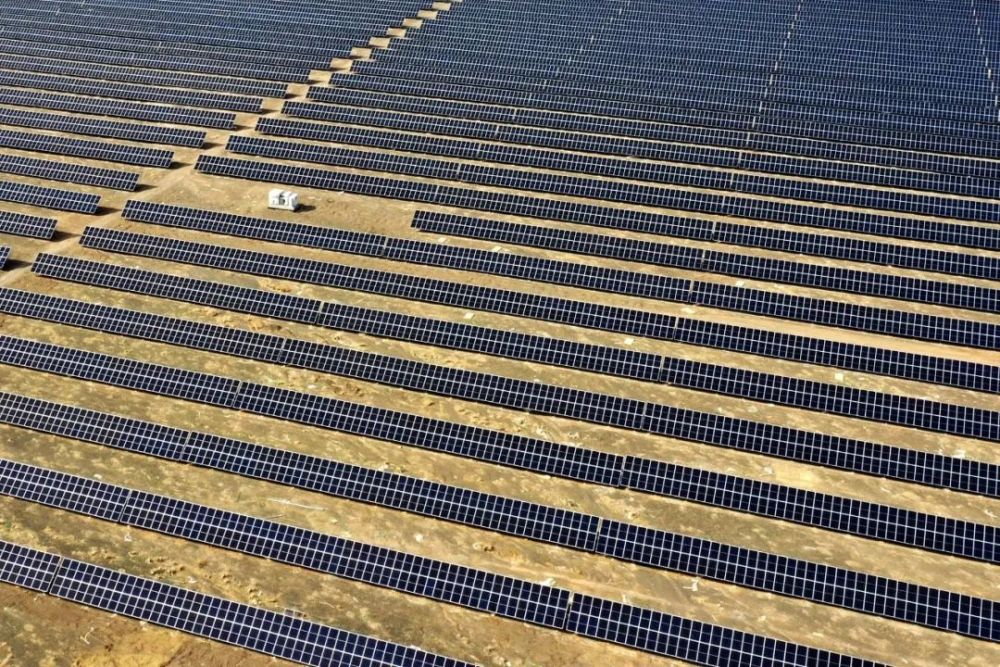
Off-grid energy storage systems are becoming increasingly popular, especially as more individuals and businesses seek independence from the traditional power grid. These systems allow users to generate, store, and utilize energy independently, often through renewable sources such as solar or wind. By harnessing natural energy, off-grid energy storage not only presents economic benefits but also promotes sustainability and energy security.
One of the most significant characteristics of off-grid energy storage is its capacity to store energy for later use. This storage capability is crucial for providing a reliable power supply, especially in areas with limited access to electricity. Whether it's lithium-ion batteries, lead-acid systems, or advanced flow batteries, the choice of storage technology can greatly impact the efficiency, lifespan, and overall performance of the system.
Another notable feature of off-grid energy storage systems is their scalability. Users can tailor the storage capacity to meet their energy demands, starting small and expanding as their needs grow. This versatility makes off-grid solutions suitable for a wide range of applications, from residential homes and farms to remote telecommunication sites and electric vehicle charging stations. The modular design allows for easy upgrades and integration with various renewable energy sources.
While the upfront investment for off-grid energy storage can be substantial, the long-term savings can be significant. By utilizing stored energy during peak pricing hours, users can lower their electricity bills and take advantage of tax incentives for renewable energy installations. Additionally, advancements in technology continue to drive down costs, making these systems more accessible. Maintenance is typically straightforward, but it’s necessary to monitor battery health and replace components as needed to ensure optimal performance.
Off-grid energy storage systems contribute positively to reducing carbon footprints. By relying on renewable energy sources, these systems lower greenhouse gas emissions and diminish reliance on fossil fuels. Users not only benefit from energy independence but also play a significant role in the global transition to cleaner energy technologies. Furthermore, many off-grid systems are designed with sustainability in mind, utilizing environmentally friendly materials and processes for construction.
The characteristics of off-grid energy storage systems make them a compelling choice for those seeking energy autonomy. With their ability to store energy efficiently, adaptability to user needs, cost-effectiveness, and positive environmental impact, these systems represent a forward-thinking solution in the modern energy landscape. As technology evolves and the demand for sustainable energy solutions continues to rise, off-grid energy storage will play an increasingly vital role in our homes and communities.
Next:How to Match Battery Charging in Off-Grid Energy Storage Systems
Previous:Commonly Used Energy Storage Batteries in Off-Grid Systems